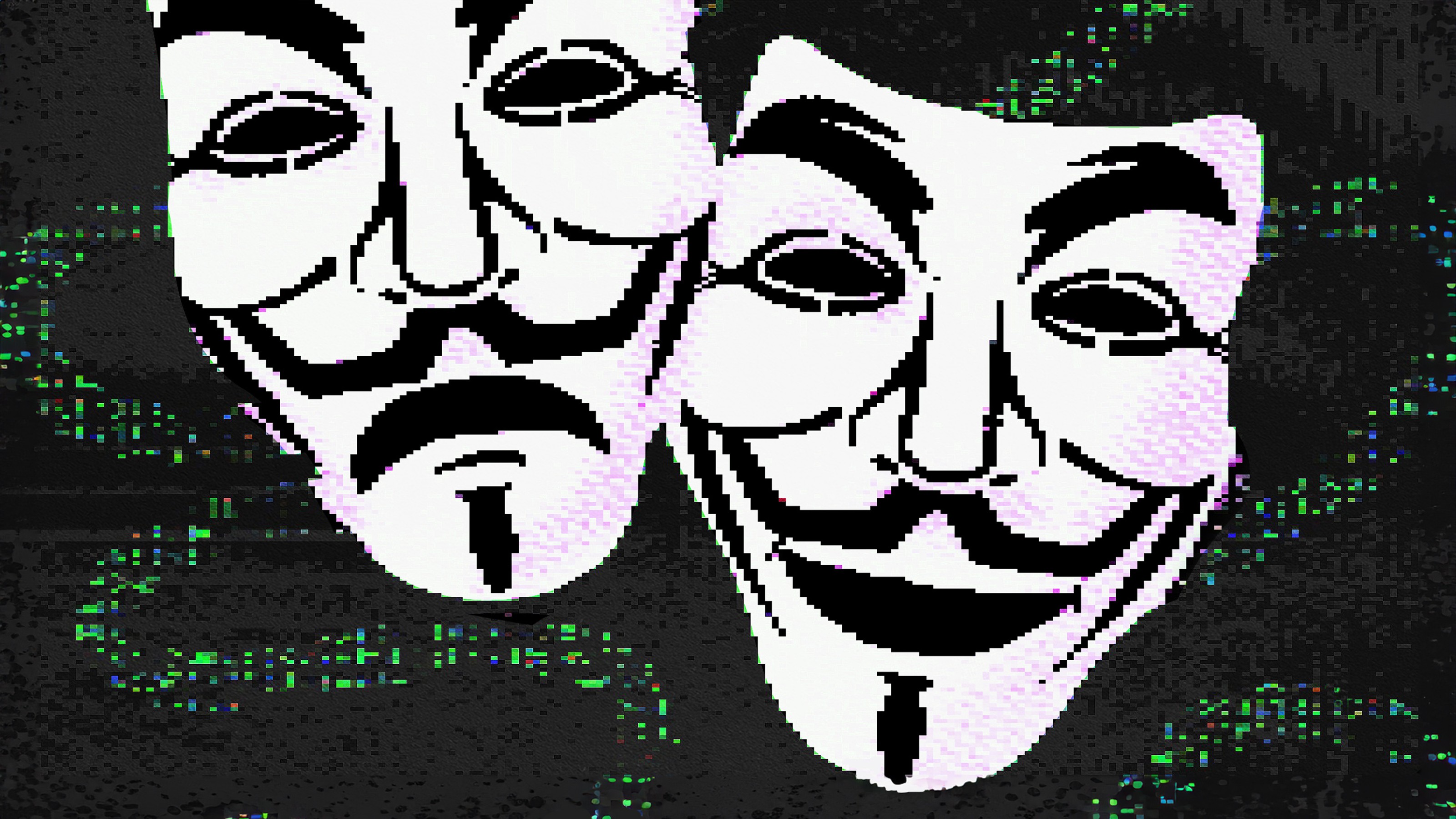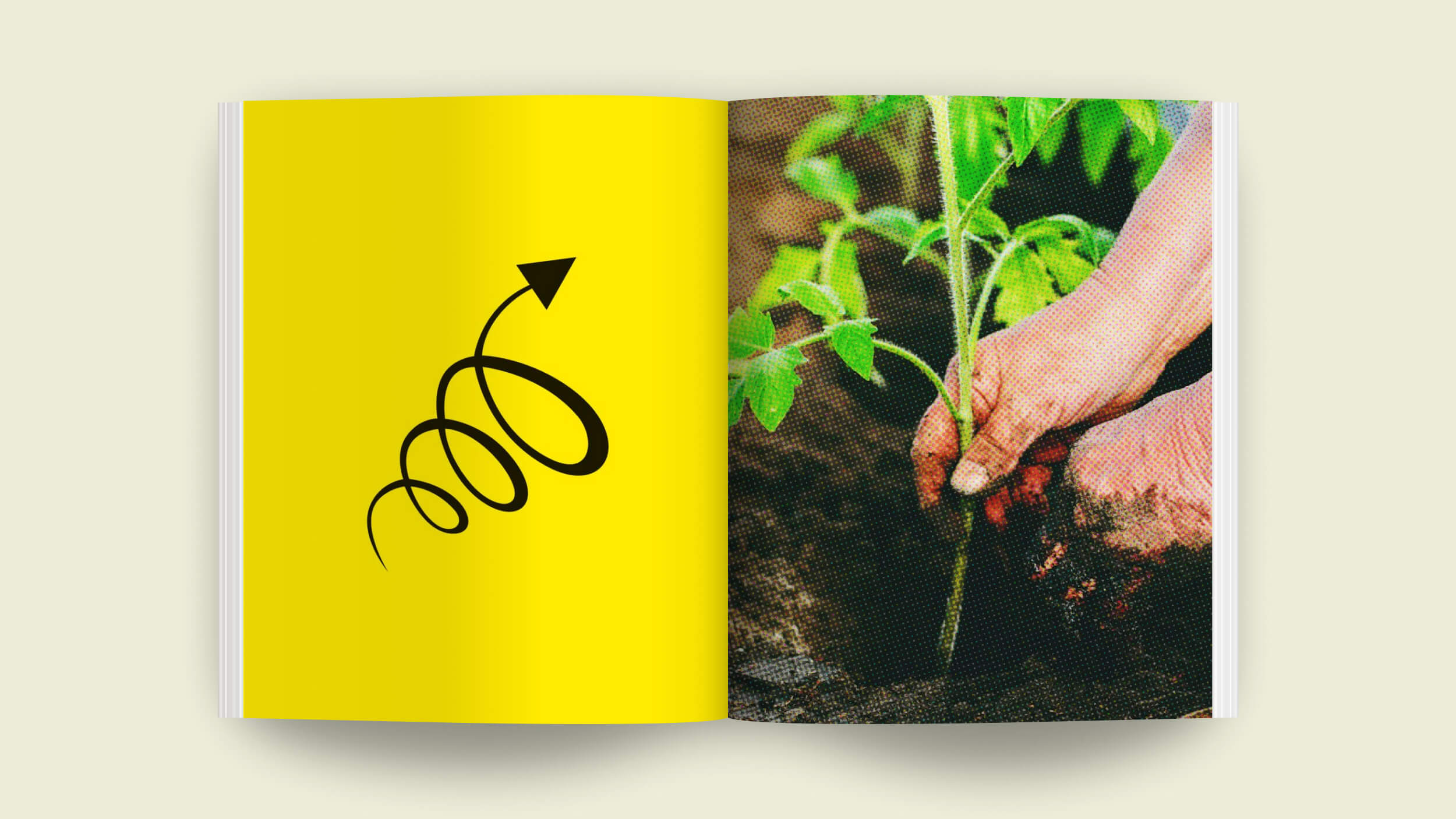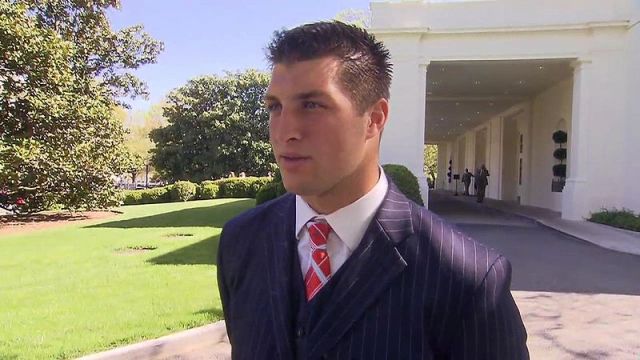“Dear God What Twaddle”

Not being a subject of Her Majesty The Queen, it is difficult for me to imagine the British Broadcasting System: a public media network of radio, TV, internet, podcast, iPhone app, etc., which is funded by a TV tax and oft-criticized for being a mind-numbing bureaucracy that pushes its limits, unfairly making private media businesses redundant. I was, however, able to delight in the comedy following a post in The Guardian about the BBC’s directive to its journalists to consider social media a direct source.
“Dear God what twaddle…” one commenter said, in a delightful Briticism. “So can we now expect more breaking stories across the web site and News 24 sourced from that bastion of news and direct truths: Twitter? Given the rush to ‘break news’ one can only fear that it will mean less fact checking, more hurried and hashed reports quoting ‘sources’ and ‘it is reported that..’”
To be fair to the BBC, perhaps its intention to make its journalists more social media-savvy would have some positive outcomes for journalism. The new director of BBC Global News, Peter Horrocks, illustrated one way in which awareness of the power of social media is publicizing news that would be otherwise be kept in the dark.
He references the BBC’s distribution of cell phones to citizens in Nigeria. Each village has an (anachronistically named) “keeper of the phone” and when events happen, residents use the phone to report it. According to Horrocks, this method uncovered land rights abuse issues. Horrocks wasn’t specific as to how the phone was used to communicate with the BBC, but if it was not via Twitter or Facebook, then it is not clear why social media is relevant to the example.





